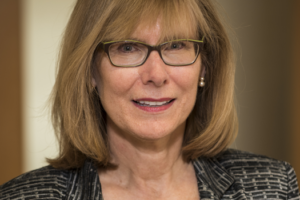
Dr. Andrew Campbell’s interest in global health goes hand in hand with his professional focus: Sickle Cell Disease (SCD). “I started to realize a lot of the burden of SCD is in countries outside of the US,” he says, adding “the sickle cell gene has a much higher rate in sub-Saharan Africa than here in the US. 75% of the SCD cases in the world are in sub-Saharan Africa, and no more than 1% of the world’s SCD population is in the US.” In addition, most medical centers in sub-Saharan Africa are dramatically lacking in the resources necessary to care for this disease. “So,” recalls Dr. Campbell, “I started to partner with SCD centers and students in Ghana to have a better understanding of SCD and the SC phenotype within the Ghanaian population.”
The partnership grew to become more substantial overtime, and Dr. Campbell now serves as a Faculty Member and Mentor at the Northern Pacific Global Health Research Fellows Training Consortium in Ghana. In this position he is able to provide training for medical students and researchers, as well as further his research interests into SC phenotype and expand access to SCD treatment in the surrounding area. He also collaborates with local blood bank specialists in Ghana in order to more thoroughly understand alloimmunization rates in SCD patients who have received multiple transfusions.
Through this work and his partnership with the Sickle Cell Clinic in Accra, Ghana, the incidence of kidney disease in SCD patients became an increasingly apparent trend. “We have an inherent interest in looking at the incidence of kidney disease in pediatric and adult patients in Ghana,” says Dr. Campbell, as well as “the possible correlation between retinopathy and kidney disease.” With one study underway at the clinic, there have been rates as high as 60 to 70 percent of patients with “some sort or sickle renal disease.” These findings led the SCD clinic to develop a nephrology clinic to manage patients when they are there for SCD.
View Dr. Campbell's Leadership Profile


